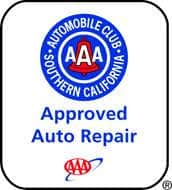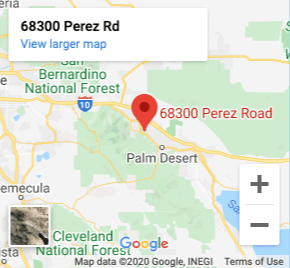Oil change is an important part of your car maintenance, and it’s also a good time to check the oil level in your engine. There are a number of reasons why neglecting oil change is disastrous to your car. One of the reasons why people tend to miss out on regularly changing their oil is because they simply don’t know when.
How Often Should I Change My Car Engine Oil?
There are two main types of engines used on cars today: petrol (gasoline) engines and diesel engines. Both have different requirements when it comes to oil changes.
Petrol Engines
Petrol engines use gasoline as fuel. They burn the gas inside the cylinder to produce power. This means they need regular top-ups of fuel to keep them running smoothly.
Gasoline engines can be fitted with either a carburetor or a fuel injection system. A carburetor mixes air and fuel together before burning it in the engine. Fuel injection systems mix the fuel directly into the combustion chamber.
Gasoline engines usually require more frequent oil changes than diesel engines because they tend to run hotter and therefore wear down the engine faster. You will need to change the oil every 3,000 miles or 6 months whichever comes first.
Diesel Engines
A diesel engine uses diesel fuel instead of gasoline. Diesel engines work differently from petrol engines. Instead of mixing air and fuel together, diesel engines inject compressed air into the combustion chamber where the fuel is injected. This creates a much higher compression ratio which allows the diesel engine to create more power.
Diesel engines usually last longer than petrol engines, but they still need regular oil changes. You will need to replace the oil after about 5 years of driving.
Negative Effects of Neglecting Oil Change for Your Car
The negative effects of not changing your car’s oil include:
1. The risk of damaging the engine if you do not change the oil at least once a month.
2. The risk of contaminating the engine with harmful substances such as dirt, water, and metal particles.
3. The risk of causing damage to other parts of the engine such as bearings, pistons, valves,and gaskets.
4. The risk of increasing the chances of having a breakdown.
5. The risk of reducing the life span of your engine.
6. The risk of getting expensive repairs.
7. The risk of losing money by paying for unnecessary repairs.
8. The risk of being fined for driving without enough oil in your vehicle.
…and probably many more problems that arise from those primary ones. The key takeaway is that regular oil change should be observed, and you will actually end up saving more money (and reducing your stress) if you just keep to a regular schedule. To ensure that you’re getting the most affordable and safest oil change service, contact Davies Auto Care now and book an appointment.





